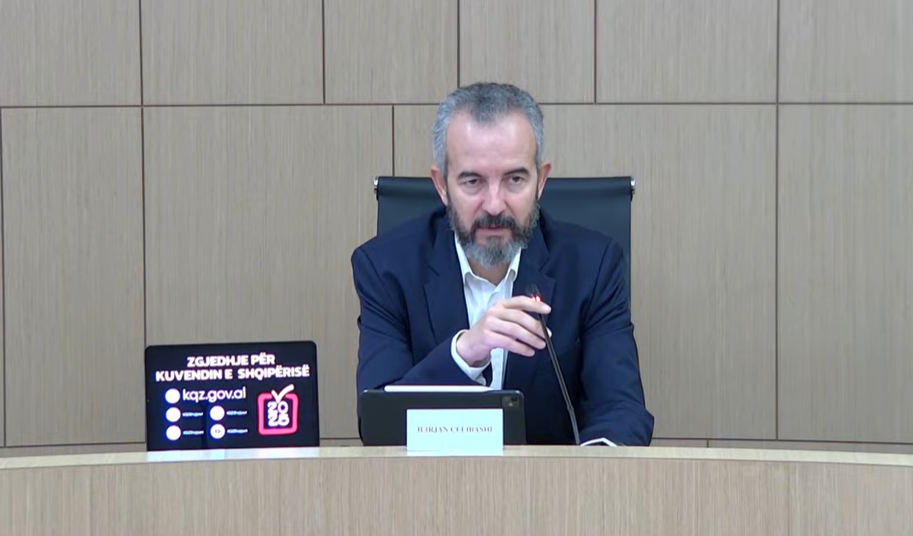Electoral lists divide power between party leaders and voters in Albania’s upcoming elections

In Albania’s upcoming parliamentary elections on May 11, party leaders will play a decisive role in determining the fate of a significant portion of the candidates. Of the 140 parliamentary seats, 46 will be filled directly by individuals placed in secure positions on closed lists determined by party leaders, while the remaining seats will be decided through open competition among candidates, relying on direct votes from the electorate.
Why is this important: The issue of open versus closed candidate lists has long been a point of contention in Albania’s political discussions. Party leaders from major political forces have historically found common ground when it comes to maintaining their authority over candidate selection.
This pattern was evident in 2020, when a compromise between the Socialist Party (PS) and the Democratic Party (PD) led to the introduction of a mechanism in the electoral code known as the “threshold formula” or “herës.” This system required candidates to surpass a high vote threshold to secure a seat based on popular support. Most candidates struggled to meet this threshold, allowing party leaders to ensure their preferred individuals, even those at the bottom of the list, were elected.
Following an appeal from smaller parties, the Constitutional Court struck down this mechanism, making electoral lists fully open and ensuring that all votes carried equal weight. However, the two largest parties reached another agreement, modifying the system yet again. Under the new framework, only two-thirds of parliamentary seats will be elected directly by voters, while one-third will remain under party leaders’ control through closed lists, effectively guaranteeing victory for select candidates.
Context: Last July, amendments to the electoral code introduced a rule requiring a candidate to secure just one more vote than their rivals to rank higher on the winning party or coalition’s list. Additionally, a gender quota mandates that at least one-third of elected candidates must be women, even if female candidates receive fewer votes than their male counterparts.
On Wednesday, the State Election Commissioner approved the division of candidates into open and closed lists across Albania’s electoral districts. The allocation of seats for each district illustrates the balance of power between voter choice and party influence:
- Berat: Out of 7 mandates, 2 will be filled from closed lists, while 5 will be decided by open lists.
- Dibër: From 5 mandates, 2 will be reserved for the closed list and 3 for the open list.
- Durrës: With 14 mandates, 5 will come from the closed list, leaving 9 to the open list.
- Elbasan: The first 5 of 14 mandates will be pre-assigned through closed lists, with the remaining 9 determined by voter preference.
- Fier: 5 of 16 mandates will be filled from the closed list.
- Gjirokastër: Out of 4 mandates, only 1 will be decided through the closed list.
- Korçë: Of 10 mandates, 3 are allocated to the closed list.
- Kukës: With 3 mandates, just 1 will be reserved for the closed list.
- Shkodër: Out of 11 mandates, 4 will be chosen from the closed list.
- Vlorë: 4 of 12 mandates will come from the closed list.
- Tirana: Albania’s largest district, with 37 mandates, will allocate 12 seats through the closed list system, giving these candidates a guaranteed path to Parliament.
Implications: This hybrid system—combining open and closed lists—has reignited debates about transparency, democracy, and voter empowerment in Albania. While it allows voters to directly influence the majority of seats, the reserved mandates for party-preferred candidates ensure that party leaders maintain a significant degree of control over parliamentary representation. The gender quota further complicates the dynamics, as it enforces greater representation of women but can result in candidates with fewer votes gaining seats.
As the May 11 elections approach, the balance between party control and voter autonomy remains a critical issue for Albania’s democratic process. How voters respond to this system will shape the composition of the new legislature and set the tone for future debates on electoral reforms.


